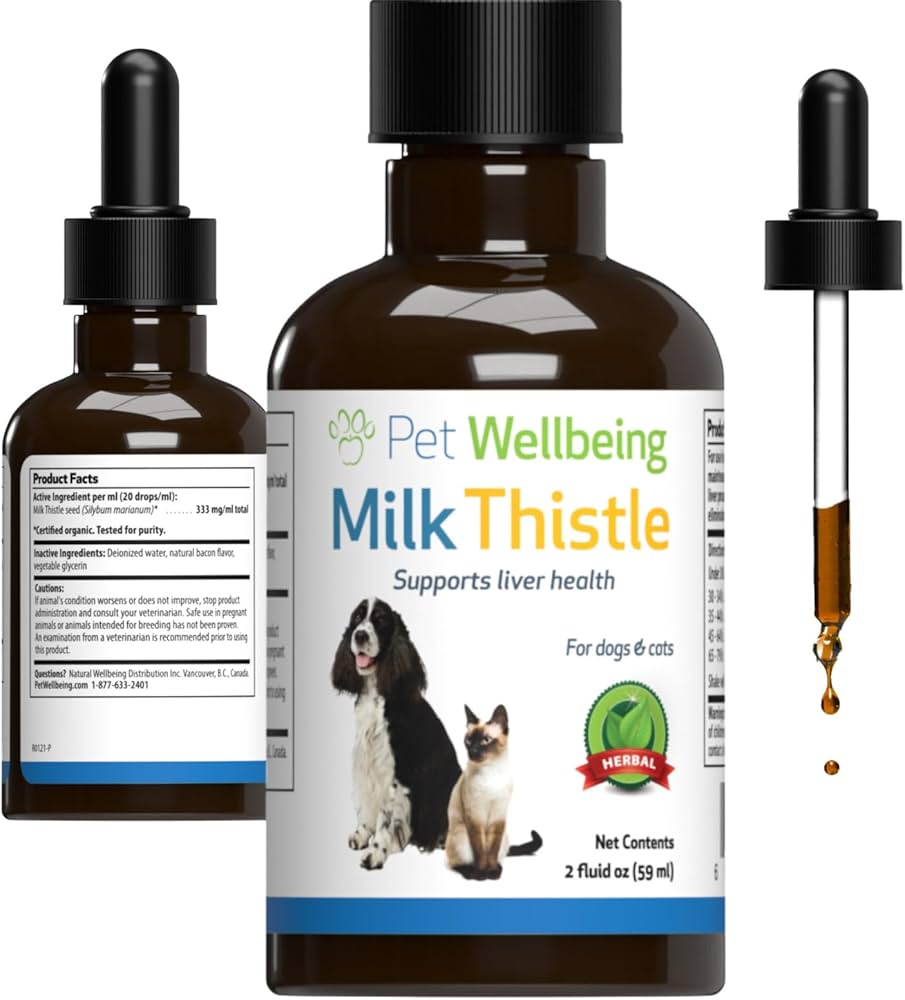Yes, cats can eat bacon, but it is not recommended due to its high fat content. Cats are natural carnivores, and their diet should primarily consist of animal protein.
While small amounts of cooked, lean bacon might not cause immediate harm, the high fat content in bacon can lead to digestive issues or even pancreatitis in cats. Additionally, bacon is usually cured with seasonings or additives that may be harmful to your cat’s health.
It is important to prioritize a balanced and species-appropriate diet for your feline friend, and consult with a veterinarian before introducing any new foods to their diet.
Understanding A Cat’S Diet Preferences
Cats are obligate carnivores, which means their diets should primarily consist of animal-based proteins. Protein is essential for a cat’s overall health and well-being, supporting strong muscles, healthy skin, and a shiny coat. While cats can thrive on a diet that includes various types of proteins, it’s important to ensure that these proteins are cat-friendly.
Some options to consider include lean meats like chicken, turkey, or fish, as well as commercial cat foods that are specifically formulated to meet a cat’s nutritional needs. It’s important to note that certain proteins, such as bacon, should be avoided as they can be high in fat and salt, which can be harmful to a cat’s health.
As a responsible cat owner, providing a balanced and appropriate diet is crucial for your feline friend’s optimal health and happiness.
The Risks Of Feeding Bacon To Cats
Feeding your cat bacon can have adverse effects on their health due to the high fat content. The excess fat in bacon can lead to obesity in cats, which can result in various health issues such as diabetes and heart problems.
Additionally, bacon often contains high levels of sodium and seasoning that can be harmful to cats. Excessive consumption of sodium can lead to dehydration, kidney problems, and even salt poisoning in felines. It’s important to remember that cats have specific dietary requirements, and human food like bacon might not meet those needs.
Instead, opt for cat-friendly treats and food options that have been formulated to provide the necessary nutrients for your furry friend’s well-being. Always consult with your veterinarian before introducing any new food to your cat’s diet to ensure their health and safety.
Alternatives To Bacon For Treat Time With Your Cat
Bacon may be a delicious treat for humans, but is it safe for cats? It’s best to find alternatives that are both safe and healthy for our feline friends. Homemade options can be great, such as cooked chicken or turkey.
These provide a tasty treat while ensuring your cat’s well-being. Another option is to search the market for cat treats specifically made with natural, high-quality ingredients. Look for treats that are low in calories and free from artificial additives. By selecting treats that are safe and healthy, you can treat your cat without risking their health.
Keep in mind that moderation is key, and it’s always a good idea to consult with your veterinarian regarding your cat’s diet and treat options. Ultimately, it’s important to prioritize your cat’s well-being when it comes to treat time.

Credit: www.amazon.com
Conclusion
It is important to carefully consider your cat’s dietary needs before introducing bacon into their diet. While cats may be attracted to the smell and taste of bacon, it is not recommended to feed them this food regularly or in large quantities.
Bacon is high in salt, fat, and seasonings like onion and garlic, which can be harmful to cats. Additionally, the cooking process can leave behind grease that may upset your cat’s stomach or lead to pancreatitis. If you still want to give your cat a small taste of bacon, it is crucial to ensure it is cooked thoroughly, free from seasoning, and given as an occasional treat.
Remember to always prioritize your cat’s health and consult with a veterinarian before introducing any new foods into their diet. Instead, offer them cat-safe protein sources like chicken or fish to keep them happy and healthy.
